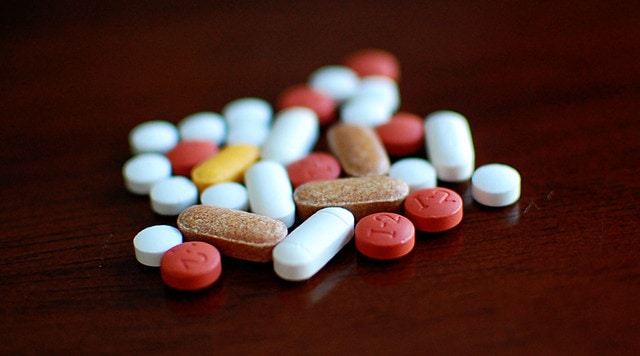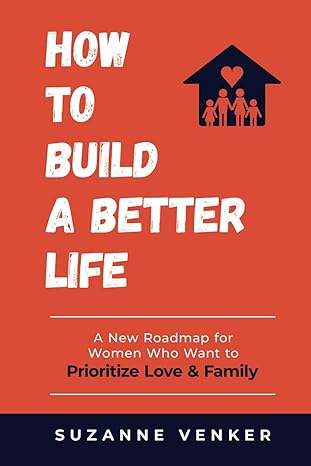A medicalized society
It is life, not a disease
This slogan appears on the posters of a successful and relevant awareness campaign of the Regional Government of Extremadura, which aims to alert the population about the medicalization of situations and states that are not a disease, and that can and should be solved with will, advice and mental and emotional hygiene. Medicalization has led to normal life circumstances and events being identified as pathological and treated with medication.
We have addressed this issue in the last I WiL Networking Lunch (12/7/2022), with the intervention of José López Guzmán, PhD in Pharmacy, professor of the Department of Bioethics of the School of Medicine of the University of Navarra and coordinator of the Area of Pharmaceutical Humanities of the School of Pharmacy of the aforementioned university. Our guest has pointed out that the issue of medicalization is being the focus of attention of health experts and also of experts in human and social behavior. But what is medicalization?
The RAE dictionary defines it as the process of converting normal life situations into pathological conditions. If we are sad because our heart has been broken, we take pills; if we cannot sleep because we have a worry, instead of facing it, we take a pill.
This situation makes us slaves to drugs, reducing our ability to cope with such situations by developing, for example, willpower or strength and generating a situation of possible risk, since all drugs have possible adverse effects. In fact, there are seven times more deaths from adverse drug effects than from traffic accidents.
A very concrete and striking example of this fact, presented in the session, has to do with aging. Our society sees old age as a disease, and the elderly as sick. Loss of physical faculties or hair loss are normal and natural processes associated with old age, but they are not in themselves a disease to be treated with medication. What we have to do is to learn to grow old, to accept these changes as natural and not to lose the meaning of life. The problem is not pathological, but anthropological, ontological.
To what extent is the industry generating diseases that are not such, in order to sell more drugs? As López Guzmán rightly points out, advertising that bombards us with unrealistic and unattainable models contributes to the promotion of irrational drug consumption. Health and medicine have become consumer items. The patient has become a customer, which places the physician as a seller or supplier. The patient’s relationship of trust in the doctor’s know-how and criteria is thus broken: if he does not prescribe what he thinks he needs, he goes to another doctor. The patient becomes a consumer who asserts his authority as such to demand certain health services or certain drugs, regardless of medical criteria.
The gender perspective in this issue of medicalization makes us focus on the fact that women take more medication than men, and report suffering more from depression and anxiety. Is this fact due to biological, psychological or social factors? What seems clear is that, in the case of women, high levels of anxiety and hypertension may hide serious problems that should not be masked by medication designed only to dampen symptoms. The gender perspective also points out a relevant fact regarding the possible harmful consequences of medicalization in the case of women: pharmacological experiments are carried out, for reasons of efficacy, only with male animals, so that the impact of substances on females may be biased.
Short-termism, so present in all areas of today’s society, also affects health and quality of life. We try to put an end to pain or discomfort as soon as possible, without stopping to think about the causes, without working on the root of the situations that may be causing this suffering. This search for immediacy is also being introduced in the transgender issue. At the first doubt of a child or adolescent, with hardly any reflection, we try to take measures, medicalize the situation and adopt solutions that seriously damage the human being and are irreversible.
In short, what can we do to reduce this problem? More reflection, more search for purpose, more conversation… in other words, an approach that is more anthropological and ethical than medical and pharmaceutical.
This is just a note of the content presented by López Guzmán in this session. The consequences of the medicalization of society include an increase in the vulnerability of people, who have ceased to develop powers as relevant as willpower or fortitude, to throw themselves into the hands of drugs. Weaker people, weaker societies, more incapable of coping with and overcoming pain and suffering. And more exposed to the health risks of excessive intake of these substances.
Society and the healthcare system also suffer the consequences of medicalization, in the form of excessive spending, inappropriate consumption of healthcare resources and environmental pollution. Moreover, this behavior can hide real illnesses.
Nuria Chinchilla.

Nuria Chinchilla
Professor of the Department of Managing People in Organizations.





Commentaires récents